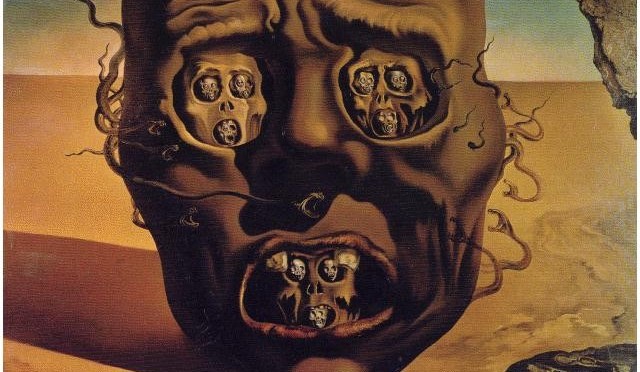Researchers at the University of Pittsburgh and Rutgers University have issued a correction to their original report that teen marijuana use had no effect on the development of a psychotic order by age 36.
Meanwhile, a hospital in Washington, the first state to legalize marijuana, reports 1-2 new cases of admissions for marijuana-induced psychosis each day.
The full length version of their published correction, which can be purchased for ~$11 online, reveals that in fact their data showed a trend towards a 2.5-fold greater prevalence of psychotic disorders in the marijuana users, a trend which reached significance in a “one-tailed” statistical test. Such a test is generally deemed appropriate if abundant prior studies have shown the same degree and direction of effect, as is the case here.
In their original report, they inappropriately corrected for demographic factors that overpowered the marijuana effect. For example, they corrected for current socioeconomic status, when such status is an outcome of psychosis itself. They also corrected for whether or not the individuals had health insurance at age 36; again, this is a factor that is most likely to be a consequence of psychosis rather than a cause, because psychotic individuals found it very difficult to maintain jobs and the attendant health insurance policies before universal insurance was required.
Parents Opposed to Pot has published several blog articles on the psychosis link. We criticized this particular report for its small sample size and the lack of ethnic diversity.
In the Pittsburgh/Rutgers study, it should be also noted that the 2.5-fold increased risk of psychosis pertained to the low-strength marijuana more common in the 1980s when the study began. Today a 5-fold increase in risk is reported for the high strength varieties, which are more prevalent today. (That study was published in February, 2015, in the Lancet Psychiatry Journal.)
A researcher at the University of Maryland, Dr. Maria Arria, has just published a study showing a major negative association between marijuana use and performance in college.

